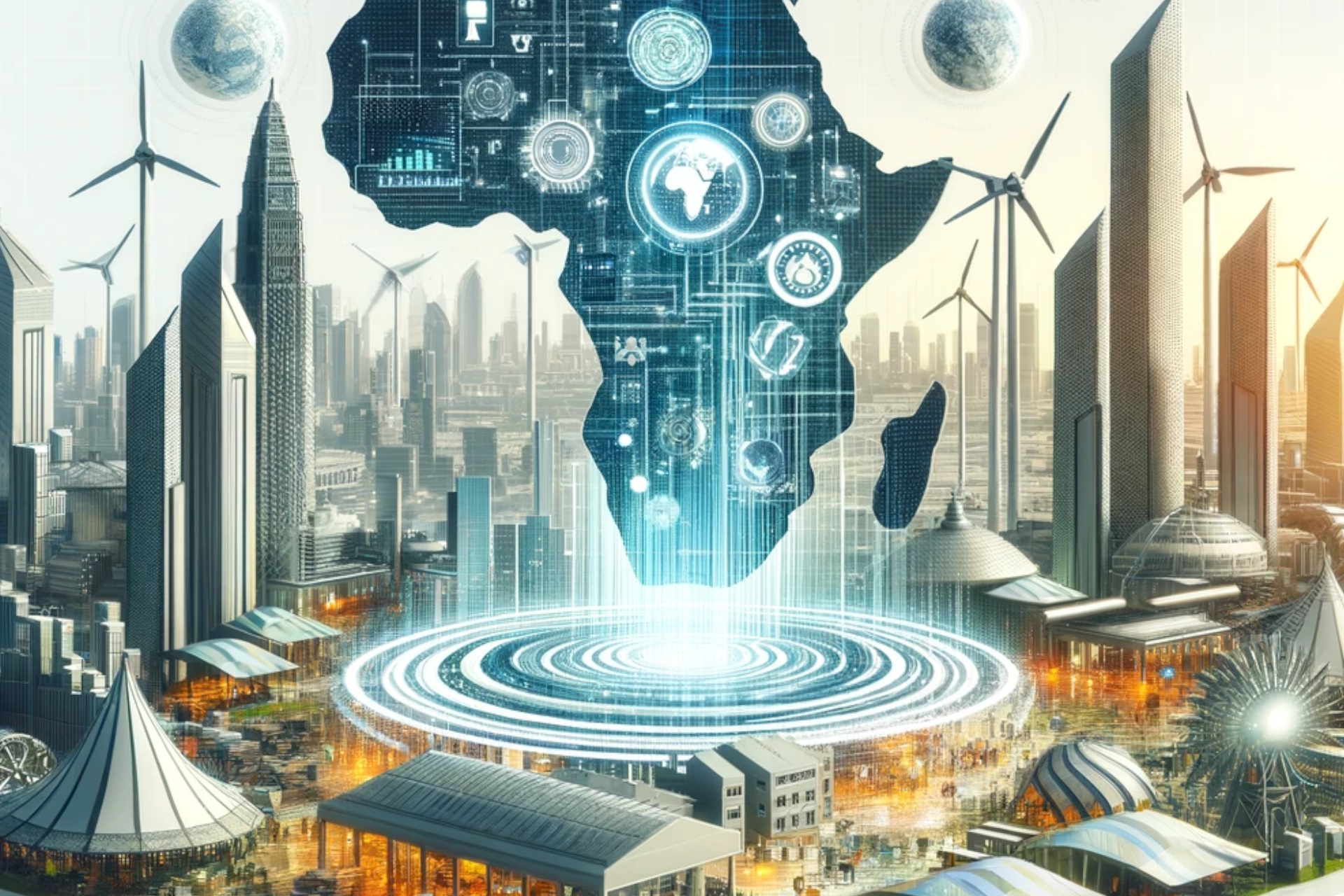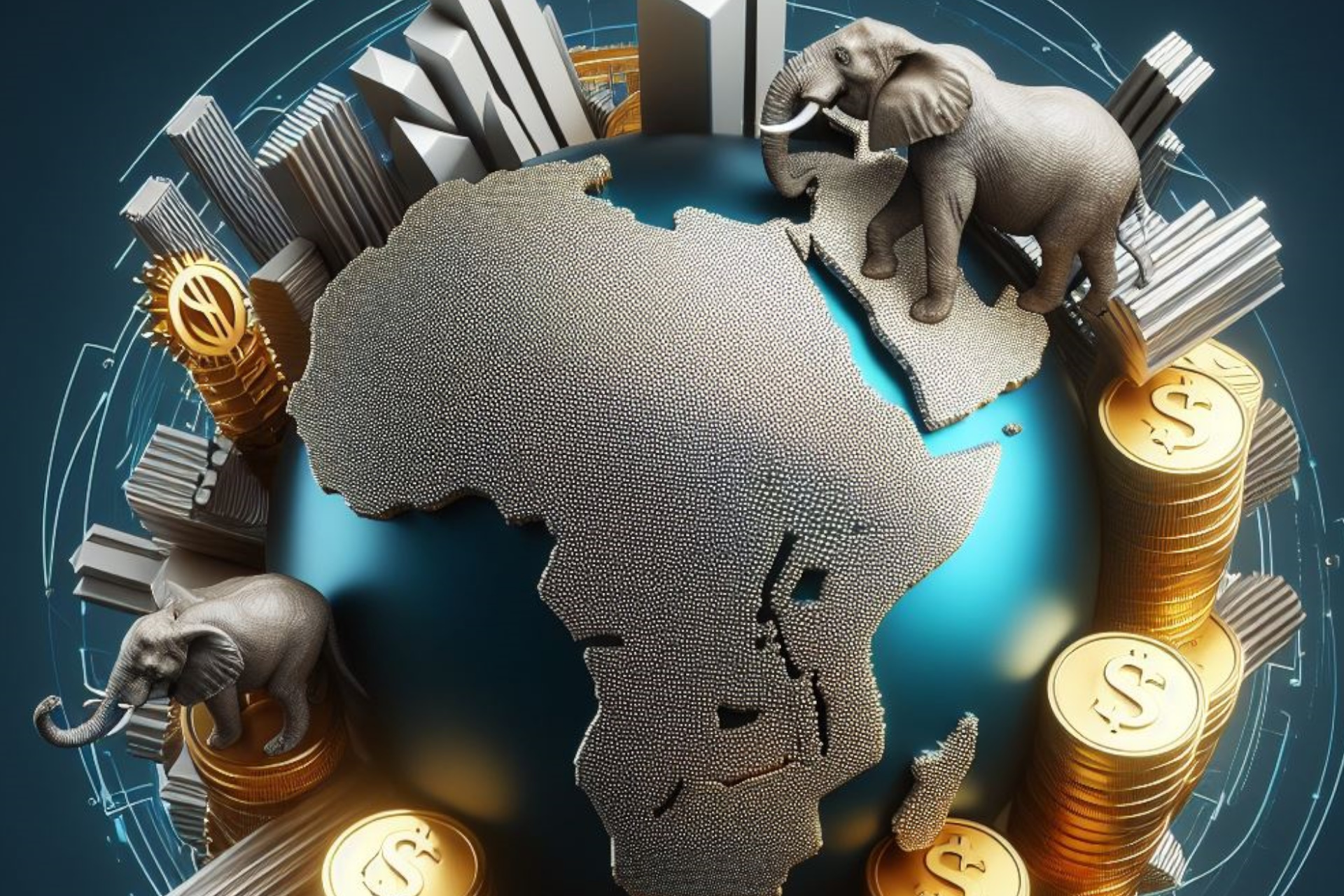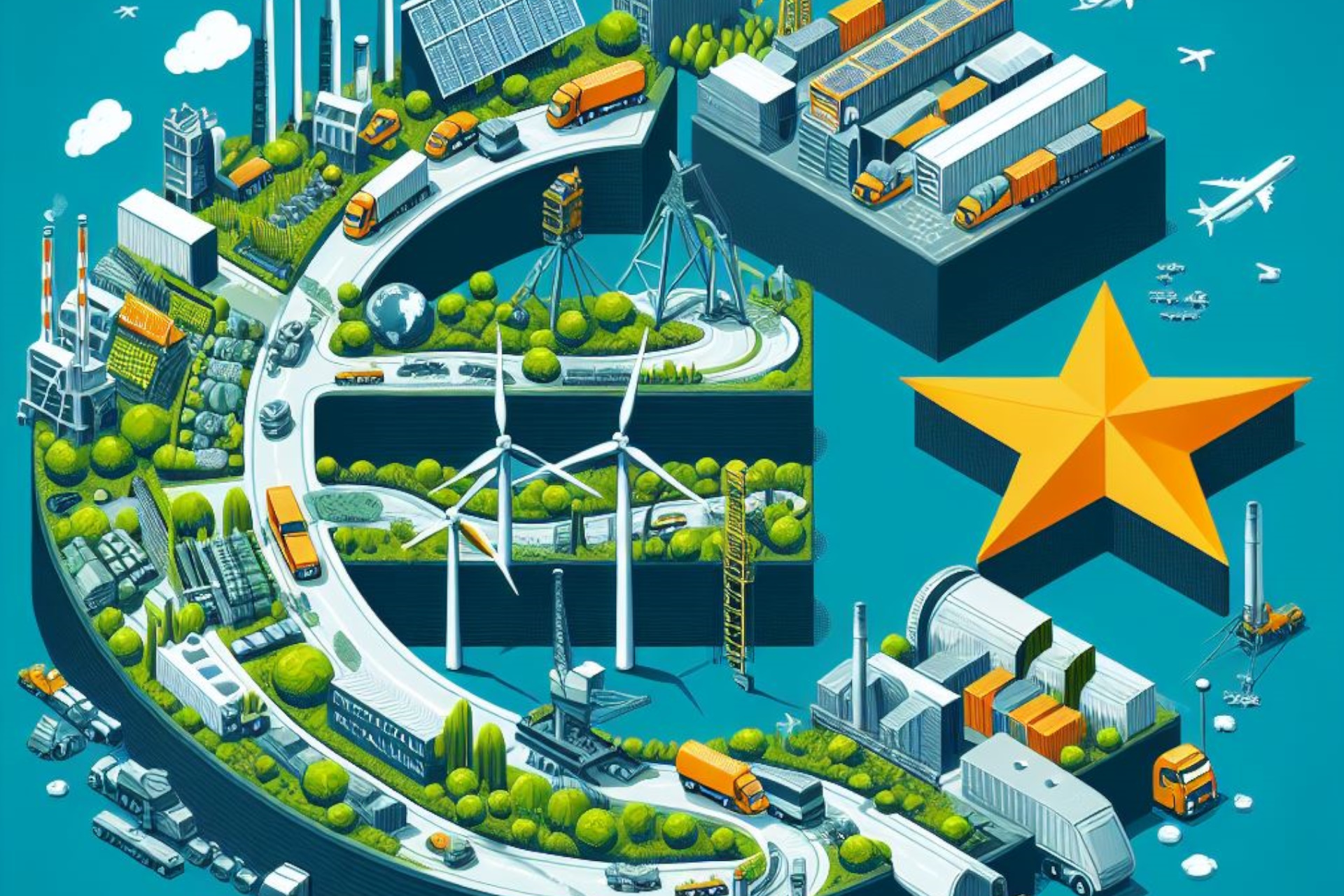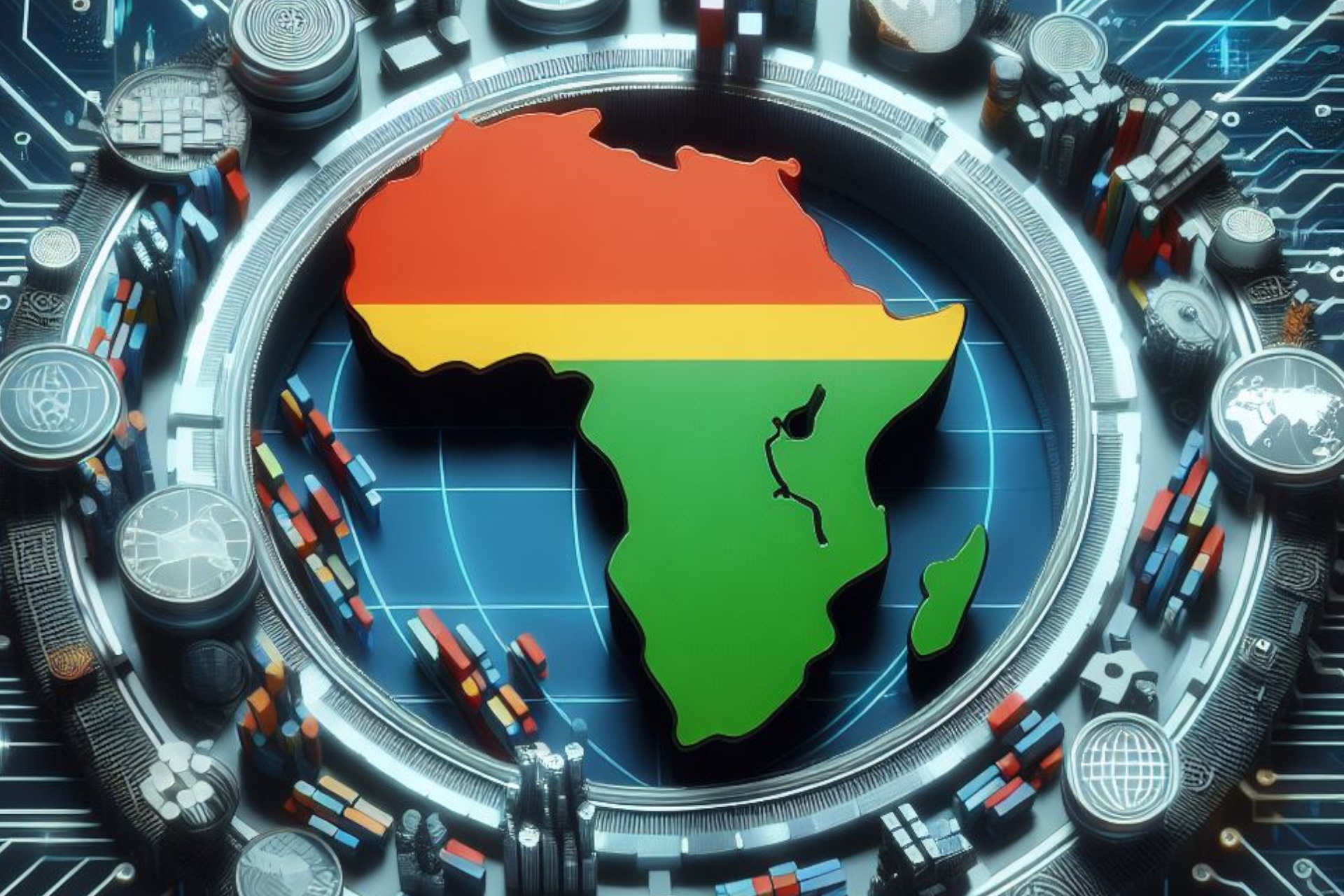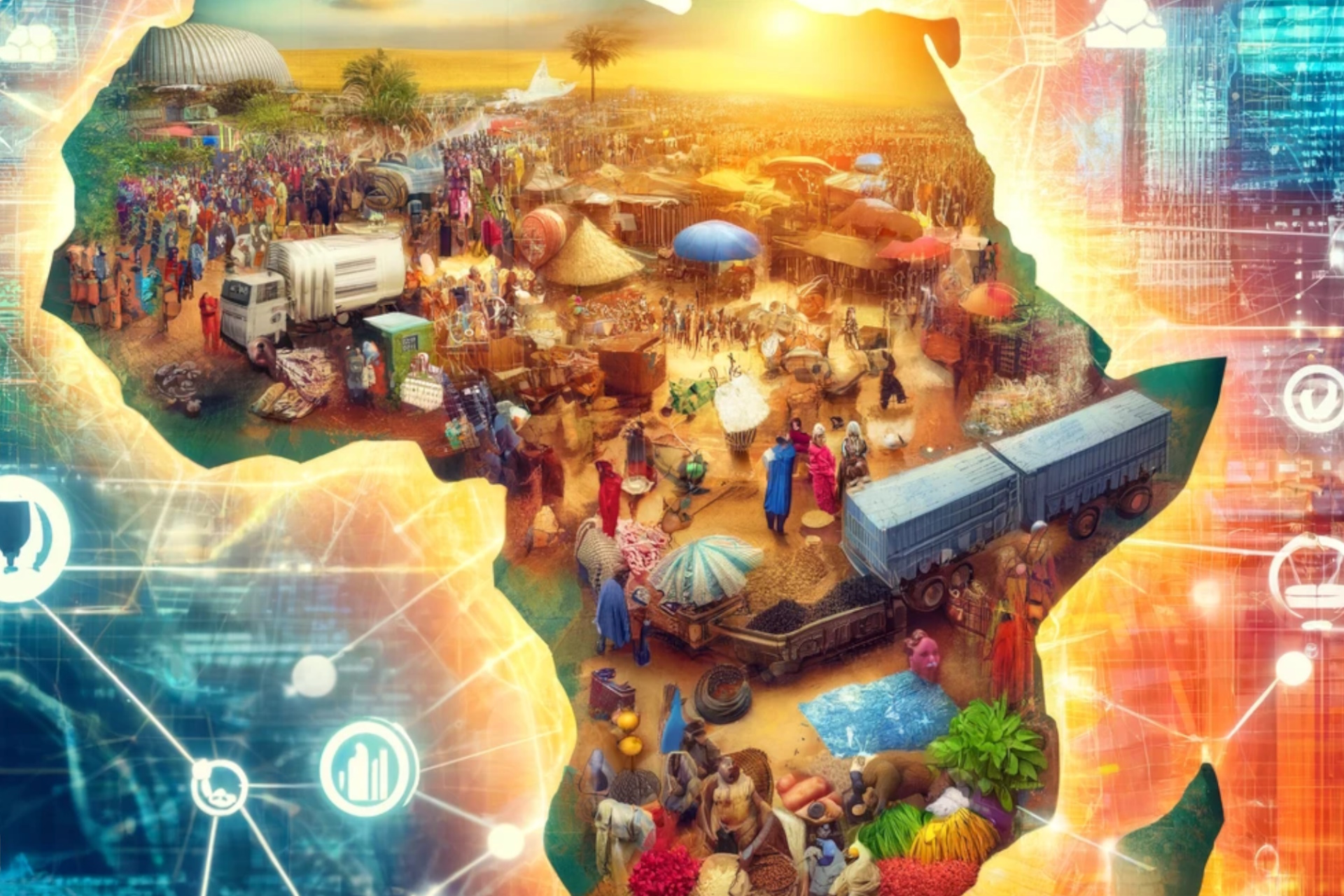In recent years, Africa has emerged as a beacon of hope in the global push towards sustainability and renewable energy. With abundant natural resources, a burgeoning population, and increasing investments, the continent stands at the forefront of the renewable energy revolution, poised to become a global hub for renewable energy trade.
Africa's vast renewable energy potential lies in its diverse landscape, from the sun-drenched deserts of North Africa to the wind-swept plains of the Sahel and the hydro-rich regions of Central and Southern Africa. These resources offer a compelling opportunity for harnessing clean energy and driving economic growth across the continent.
One of Africa's greatest assets is its solar potential. With some of the highest solar irradiance levels in the world, countries like Morocco, Egypt, and South Africa have already made significant strides in solar energy deployment. The ambitious projects such as Morocco's Noor Solar Complex and South Africa's Jasper Solar Power Project underscore the continent's commitment to solar power as a key component of its energy mix.
Moreover, wind energy is rapidly gaining momentum in Africa. Countries like Kenya, Ethiopia, and Morocco are tapping into their wind resources, investing in wind farms and wind power projects to meet their growing energy demands. Ethiopia's Ashegoda Wind Farm, one of the largest in Africa, is a testament to the continent's potential in wind energy generation.
Hydropower remains a dominant source of electricity in many African countries, with vast untapped potential for further development. Countries like Ethiopia, Democratic Republic of Congo, and Zambia are leading the way in harnessing their hydroelectric resources to expand their energy capacity and drive industrialization.
In addition to solar, wind, and hydro, Africa is also exploring other renewable energy sources such as biomass, geothermal, and tidal energy. Countries like Kenya and Tanzania are investing in geothermal projects, while countries like Nigeria and Ghana are exploring the potential of biomass energy from agricultural residues and waste.
The rise of renewable energy in Africa is not only about addressing energy poverty and combating climate change but also about seizing economic opportunities. The renewable energy sector has the potential to create millions of jobs, attract foreign investments, and drive technological innovation across the continent.
However, unlocking Africa's full potential as a global hub for renewable energy trade requires addressing several challenges. These include improving infrastructure, enhancing regulatory frameworks, promoting investment incentives, and fostering regional cooperation. By overcoming these barriers, Africa can position itself as a competitive player in the global renewable energy market.
As the world transitions towards a low-carbon future, Africa has the opportunity to lead the way in renewable energy trade. By harnessing its abundant natural resources, embracing innovation, and fostering collaboration, the continent can not only meet its own energy needs but also become a net exporter of clean energy to the rest of the world.
Africa's journey towards becoming a global hub for renewable energy trade is not without obstacles, but with determination, innovation, and collective action, the continent is well on its way to realizing its full potential in the renewable energy revolution.
#RenewableEnergy #Africa #Sustainability #CleanEnergy #SolarPower #WindEnergy #Hydropower #GreenEconomy #EnergyTransition #InvestmentOpportunities #ClimateAction #Innovation #EconomicGrowth #InfrastructureDevelopment #GlobalTrade
Read more views
















































